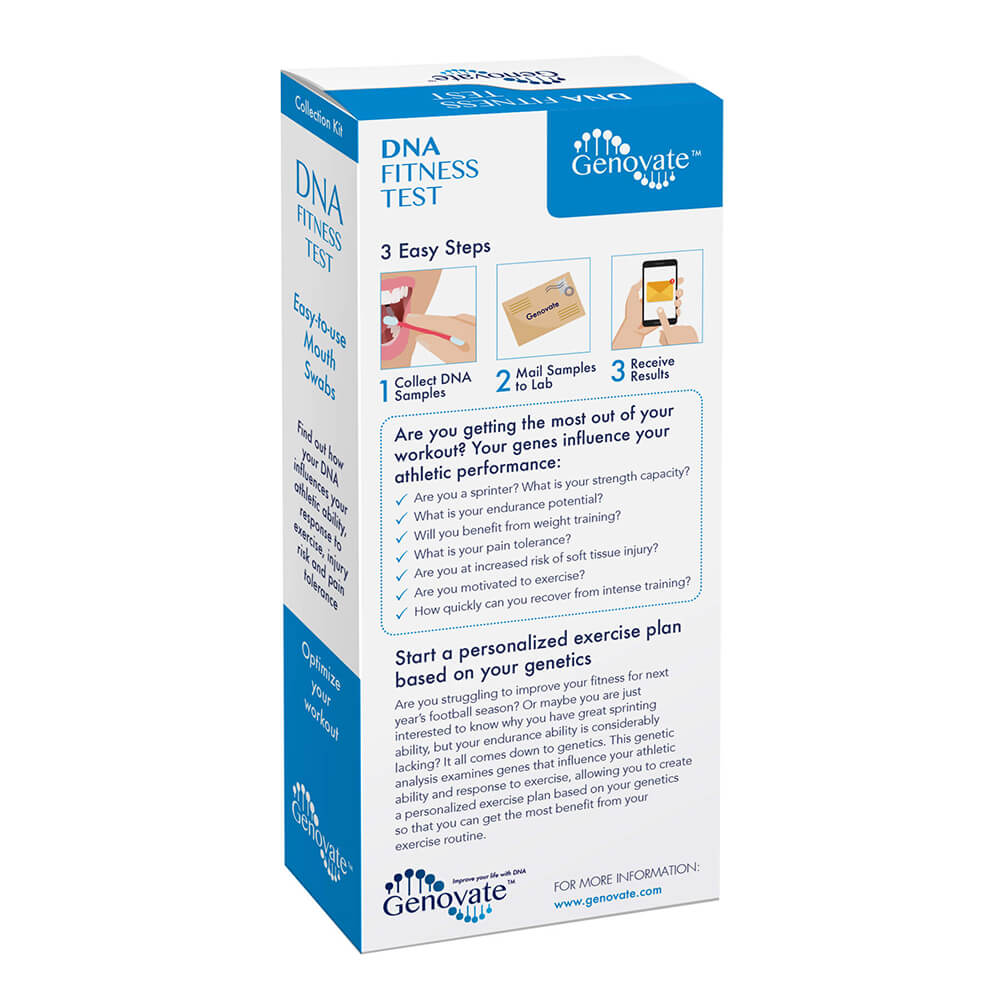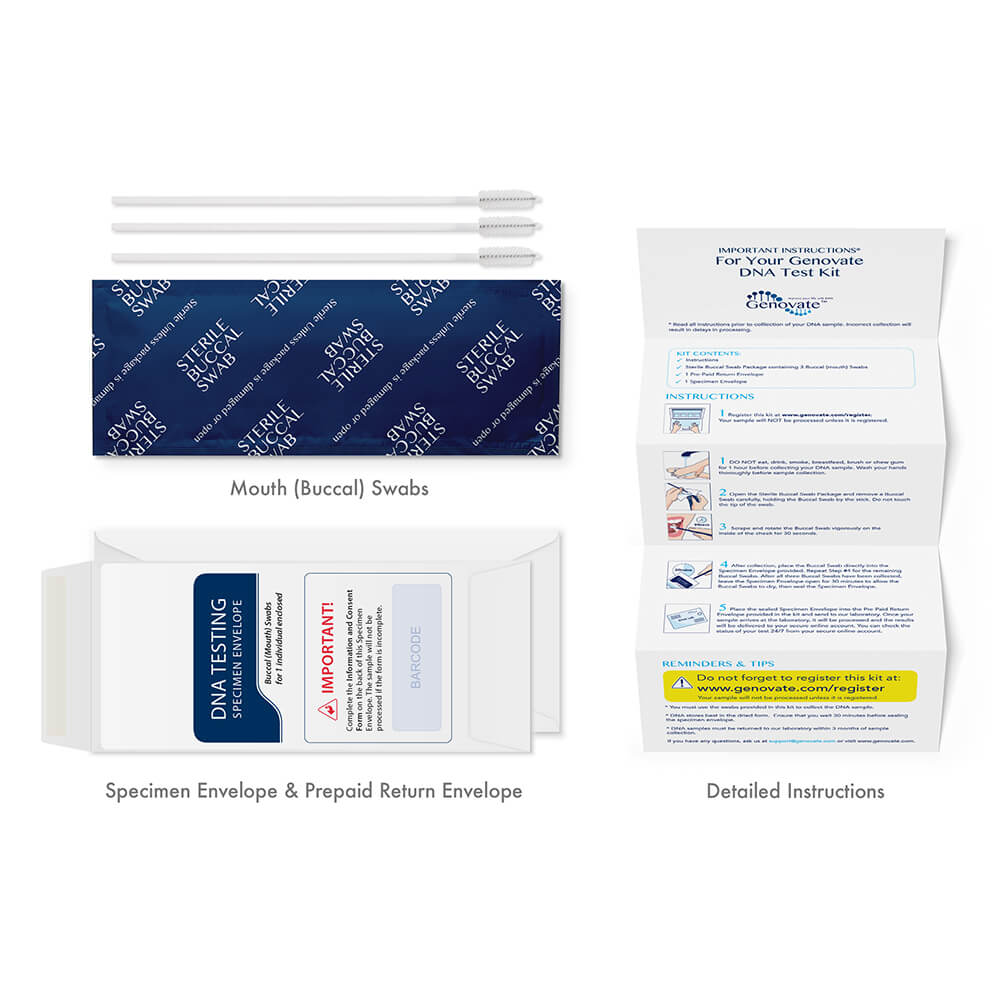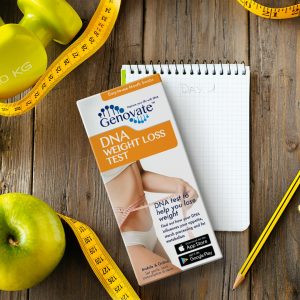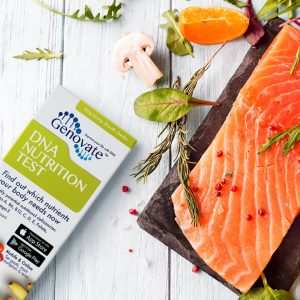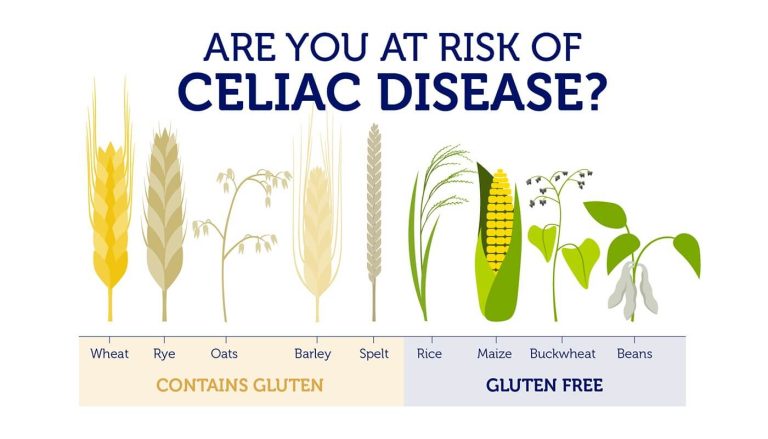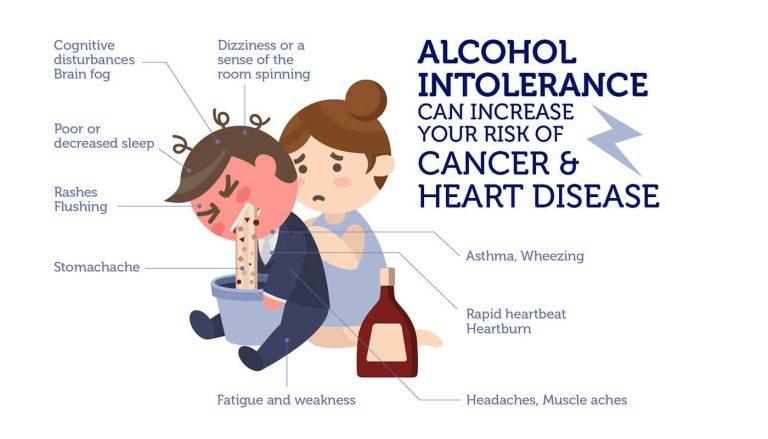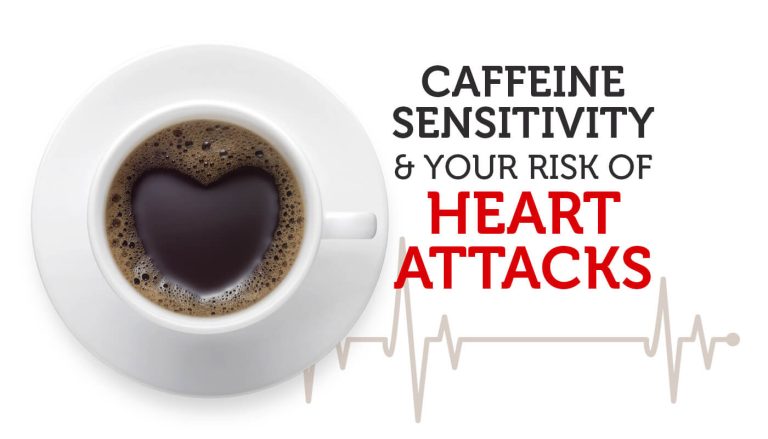
DNA Fitness Test
$249.00
By Genovate
Are you getting the most out of your workout? Take this DNA test to find out
• Exercises that are most beneficial for your muscle type
• Your risk of soft tissue injury and Achilles tendinopathy
• How well you can tolerate pain
• Ways to optimize your workout
Detailed Description
Are you struggling to improve your fitness? Or maybe you are just interested to know why you are a great sprinter but have a tough time finishing a 10K race. It all comes down to genetics.
Your genes influence your athletic ability, response to exercise, injury risk and pain tolerance. This genetic test gives you the opportunity to create a personalized exercise plan based on your genetics, so you can get the most benefit out of your exercise routine.
The Genetics
Studies show that athletes carry genetic variants that give them an advantage in their choice of athletics. This means the DNA changes that are most prevalent in endurance athletes can be very different from the variants found in sprinters and other power athletes.
An understanding of your genetics can help you identify the sports that you are better suited for. It also gives you a chance to personalize your exercise plan and health goals. The variants included in this panel were studied in Caucasian populations. The same association may not be apparent in other ethnicities.
VARIANTS TESTED:
Athletic Endurance
Endurance is the ability to continue exercising for an extended period. Endurance events include long-distance running, swimming, cycling, mountain climbing and rowing.
Variants Affecting Endurance:
- PPARD – burning fat for energy
- VEGFA – blood vessel formation to improve oxygen supply
- ACE – blood pressure regulation and muscle efficiency
- ADRB2 – turning off the fight or flight response
- PPARA – slow-twitch versus fast-twitch muscle fibres
Athletic Power
Power exercises combines strength with speed, applying strength in a quick motion. For example, a sprinter requires strength and speed for a rapid acceleration, while a baseball pitcher requires a very strong arm that can rapidly rotate to pitch as fast as 100 mph!
Variants Affecting Power:
- ACTN3 – the “sprinter” gene
- AGT – blood pressure regulation and growth hormone levels
Strength Training
Strength exercises use resistance to induce muscular contraction, which builds the strength and size of skeletal muscles.
Variants Affecting Muscular Strength:
- ACVR1B – muscle signalling cascade that controls muscle mass and muscle strenght
- IL6 – messenger molecule and contributes to muscle growth
Response to Exercise
Not everyone responds to exercise the same. Some people see greater benefits from endurance training, while others benefit more from strength training.
Your exercise response is influenced by genetic variations of:
- PPARGC1A – aerobic capacity improvements
- PPARD – increases in “good” HDL-cholesterol
- MCT1 – ability to use lactate as an energy source
Motivation, recovery, injury risk and pain tolerance are all influenced by the following genetic variations:
- BDNF – exercise motivation
- CRP – heart rate recovery
- COL1A1 – risk of soft tissue injury
- COL5A1 – risk of Achilles tendinopathy
- COMT – pain tolerance and required morphine dose
Discover More
Everyone responds differently to exercises, whether the goal is to lose weight, improve muscle tone or run a faster marathon. For example, some of us can lose weight by simply starting a walking or a running program, while others may see greater benefits from strength training at the gym. Your upbringing, lifestyle and genetic variation can all contribute to these differences.
The DNA test looks at genes that can influence your athletic ability and your response to exercise, to address the following questions:
- Are you a sprinter?
- What is your endurance potential?
- Will you benefit from weight training?
- Are you affected by pain?
- Are you at increased risk of soft tissue injury?
- Are you motivated to exercise?
- What is your strength capacity?
- How quickly can you recover from intense training?
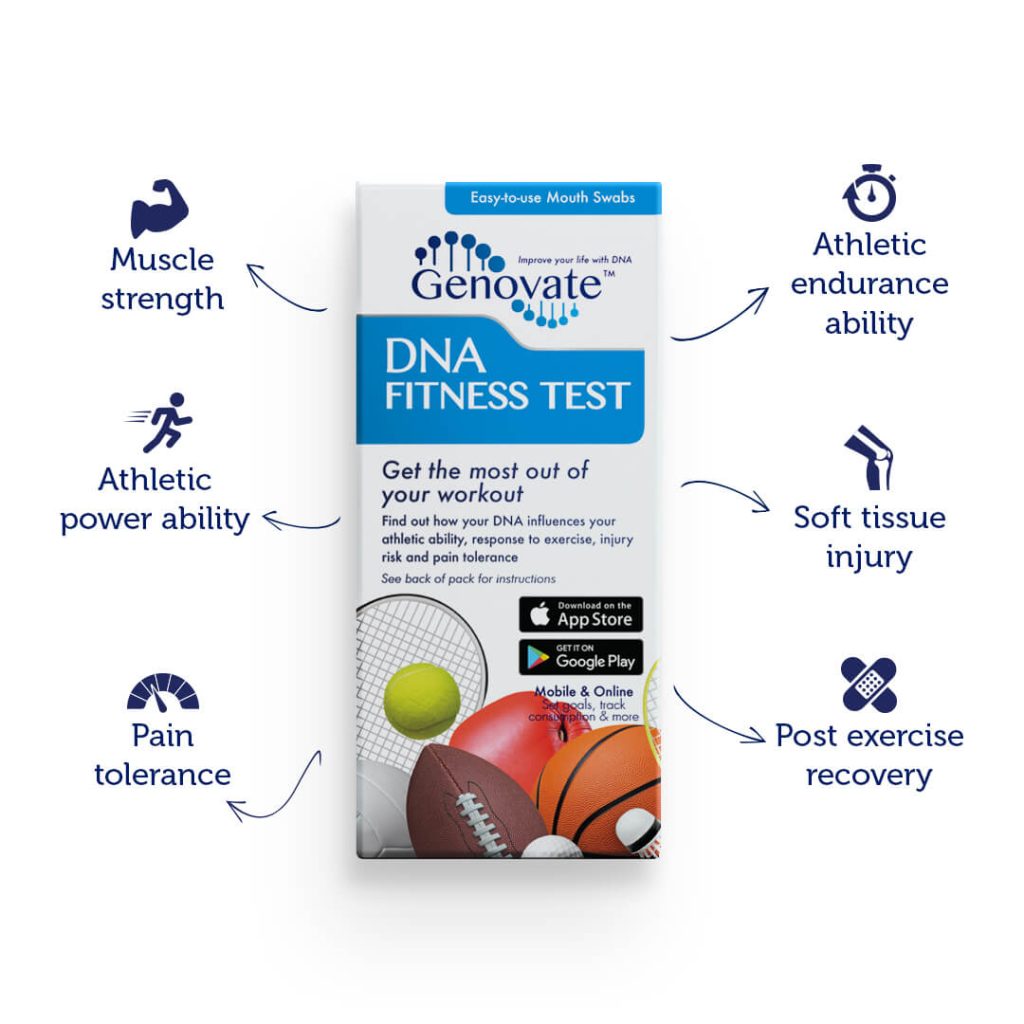
How it Works
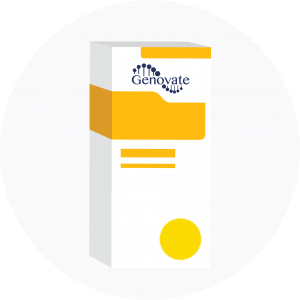
ORDER YOUR KIT

COLLECT & SEND





